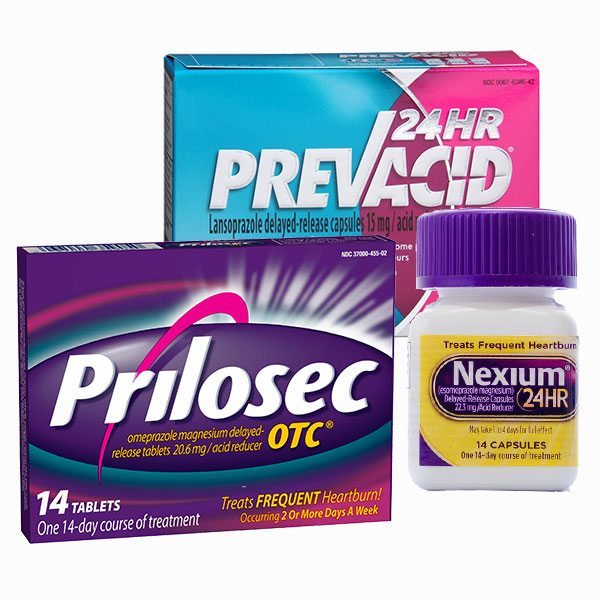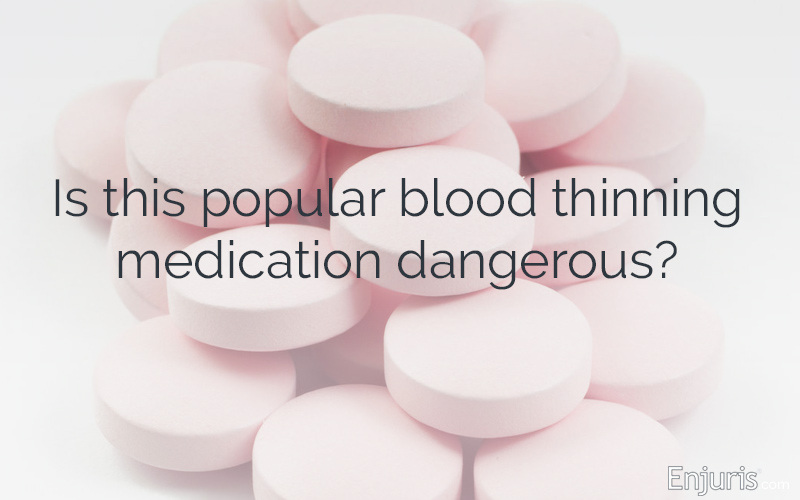Comprehending Your Legal Legal Right in a Dangerous Medication Suit
In the realm of pharmaceuticals, navigating the complexities of a dangerous drug legal action can be daunting. As individuals come to be progressively familiar with the potential dangers linked with particular medications, recognizing their legal civil liberties comes to be paramount (Trulicity Lawsuit). From identifying the lawful basis for filing a claim to evaluating the choices between a course action and a specific insurance claim, there are critical factors to consider to be made. The details of seeking compensatory problems and the significance of adhering to the law of constraints include layers of intricacy to the procedure. However, with the advice of lawful guidance, people can get started on a journey to assert their legal rights and look for justice in the face of harm triggered by hazardous medicines.
Lawful Basis for Lawsuits
Discovering the legal grounds for seeking an unsafe medication suit requires a thorough understanding of appropriate laws and precedents. When thinking about legal action versus a pharmaceutical company for a harmful medicine, one need to establish that the drug in inquiry presented unreasonable threats that were not appropriately divulged to customers. This typically involves demonstrating that the medication supplier fell short to alert about recognized risks, misstated the medicine's safety and security or efficiency, or taken part in deceitful marketing techniques.
To do well in a dangerous drug lawsuit, complainants commonly rely on lawful concepts such as carelessness, rigorous responsibility, or violation of warranty. Carelessness cases argue that the manufacturer did not work out reasonable treatment in making sure the safety of the medicine.
Kinds Of Compensatory Damages
Compensatory damages in a harmful drug suit incorporate monetary restitution awarded to complainants to make up for losses incurred due to the harm created by the drug. These damages are designed to make the hurt celebration whole once again, both economically and non-economically. There are two major kinds of countervailing problems that may be granted in a hazardous medication suit: non-economic damages and economic damages.

Both economic and non-economic offsetting damages play an essential duty in making sure that individuals damaged by unsafe medicines obtain proper payment for their losses.
Law of Limitations

Missing out on the law of restrictions target date can have serious consequences, as it might cause the situation being rejected by the court. Once the statute of constraints has run out, the complainant may shed the right to seek legal choice against the party in charge of the damage brought on by the unsafe medication. Consequently, it is vital for individuals thinking about an unsafe drug claim to speak with a qualified lawyer promptly to understand and abide with the relevant law of limitations in their instance.
Class Activity Vs. Individual Suits
Given the varying statute of constraints in dangerous drug suits, individuals need to meticulously consider the decision between going after a class action or a private claim. Course activity lawsuits entail a group of complainants collectively filing a claim against an accused, often a pharmaceutical firm, for the same issue - in this situation, harm created by a harmful drug.
Specific legal actions can be much more lengthy, costly, and might result in lower compensation compared to a successful course action lawsuit. Inevitably, the decision in between a class action and find here an individual lawsuit need to be based on the person's scenarios, desired level of participation, and the legal advice got.
Seeking Legal Advise
In navigating the intricacies of a hazardous drug claim, safeguarding skilled lawful counsel is paramount for ensuring a enlightened and strong lawful approach. When seeking lawful advice for a harmful drug suit, it is important to find a law practice or attorney with experience in pharmaceutical litigation. These cases often include intricate clinical and scientific information, needing a lawyer who recognizes both the lawful facets and the medical subtleties included in such legal actions.
Professional legal advice can assist people recognize their rights, examine the strength of their situation, go to the website and browse the intricate lawful treatments related to dangerous medicine legal actions. In addition, a competent attorney can provide support on whether to go after a specific legal action or sign up with a class-action legal action, based upon the certain circumstances of the instance.
Furthermore, legal advice can help in gathering proof, preparing legal files, negotiating with pharmaceutical companies or their lawful representatives, and standing for clients in court if the case goes to test. By getting the assistance of educated lawyers, people can raise their opportunities of achieving a positive outcome in an unsafe medication claim.

Conclusion
To conclude, understanding your lawful civil liberties in a hazardous drug claim is necessary in seeking payment for any type of damage caused. Recognizing the lawful basis for claims, sorts of countervailing damages available, law of constraints, and the difference in between course activity and specific lawsuits can help people navigate the legal procedure effectively. Looking for lawful counsel is essential in ensuring your rights are protected and promoting for the compensation you should have.
Compensatory damages in a hazardous medication claim include economic restitution granted to plaintiffs to compensate for losses sustained due to the harm created by the drug.The law of constraints in a harmful drug lawsuit establishes the duration within which a complainant must file a lawful insurance claim versus the accountable party for the harm triggered by the drug.Given the varying statute of restrictions in unsafe medication legal actions, people must very carefully evaluate the decision between pursuing a course activity or a specific lawsuit. Individual lawsuits can be much more time-consuming, pricey, and might result in reduced compensation contrasted to a successful course action claim. Understanding the legal basis for legal actions, types of countervailing problems readily available, statute of restrictions, and the difference Extra resources between class activity and private claims can help individuals browse the legal process properly.